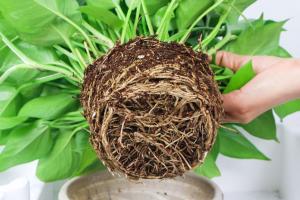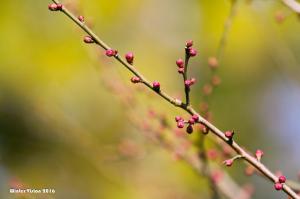Are Ginkgo Trees Seed Plants?
When it comes to botanical classification, the world of plants can be confusing. With thousands of different species, each with their own unique traits and characteristics, it's easy to get lost in the details. One question that many people have about ginkgo trees is whether they are seed plants or not. In this article, we'll explore the answer to this question in depth.
The Basics of Seed Plants
Seed plants, also known as spermatophytes, are a major group of plants that reproduce using seeds. Seeds are specialized structures that contain an embryo, nutrients, and a protective outer covering. They are a more advanced form of reproduction than spores, which are used by many lower plants and fungi.
Seed plants are further divided into two major groups: gymnosperms and angiosperms. Gymnosperms include the conifers, cycads, and ginkgo trees, among others. Angiosperms are flowering plants, which comprise the vast majority of all seed plants.
Ginkgo Trees as Seed Plants
Yes, ginkgo trees are in fact seed plants. They belong to the gymnosperm group, which means they have naked seeds that are not enclosed in an ovary. In the case of the ginkgo tree, the seeds are found inside a fleshy outer layer called a sarcotesta. This layer smells strongly of rancid butter, which is a unique trait of ginkgo trees.
Ginkgo trees produce both male and female reproductive structures, which are called strobili. The male strobili produce pollen, which is carried by the wind to the female strobili. After fertilization, the seeds develop inside the sarcotesta, which eventually falls off to reveal the hard, inner seed.
The Importance of Ginkgo Trees
Ginkgo trees have played an important role in human culture for thousands of years. They are thought to be one of the oldest living tree species, with fossils dating back over 250 million years. In Asia, ginkgo trees have long been valued for their medicinal properties, and their leaves are still used in traditional medicine today.
In addition to their cultural significance, ginkgo trees are also important from an ecological perspective. They can tolerate a wide range of environmental conditions, from urban pollution to extreme temperatures. This makes them a valuable species for urban landscaping and climate change adaptation.
In Conclusion
So, are ginkgo trees seed plants? Yes, they are members of the gymnosperm group, which means they reproduce using seeds that are not enclosed in an ovary. While they may not be as well-known as flowering plants, ginkgo trees are an important and fascinating species that are worth studying and appreciating.

 how many times do yo...
how many times do yo... how many planted tre...
how many planted tre... how many pine trees ...
how many pine trees ... how many pecan trees...
how many pecan trees... how many plants comp...
how many plants comp... how many plants can ...
how many plants can ... how many plants and ...
how many plants and ... how many pepper plan...
how many pepper plan...





























